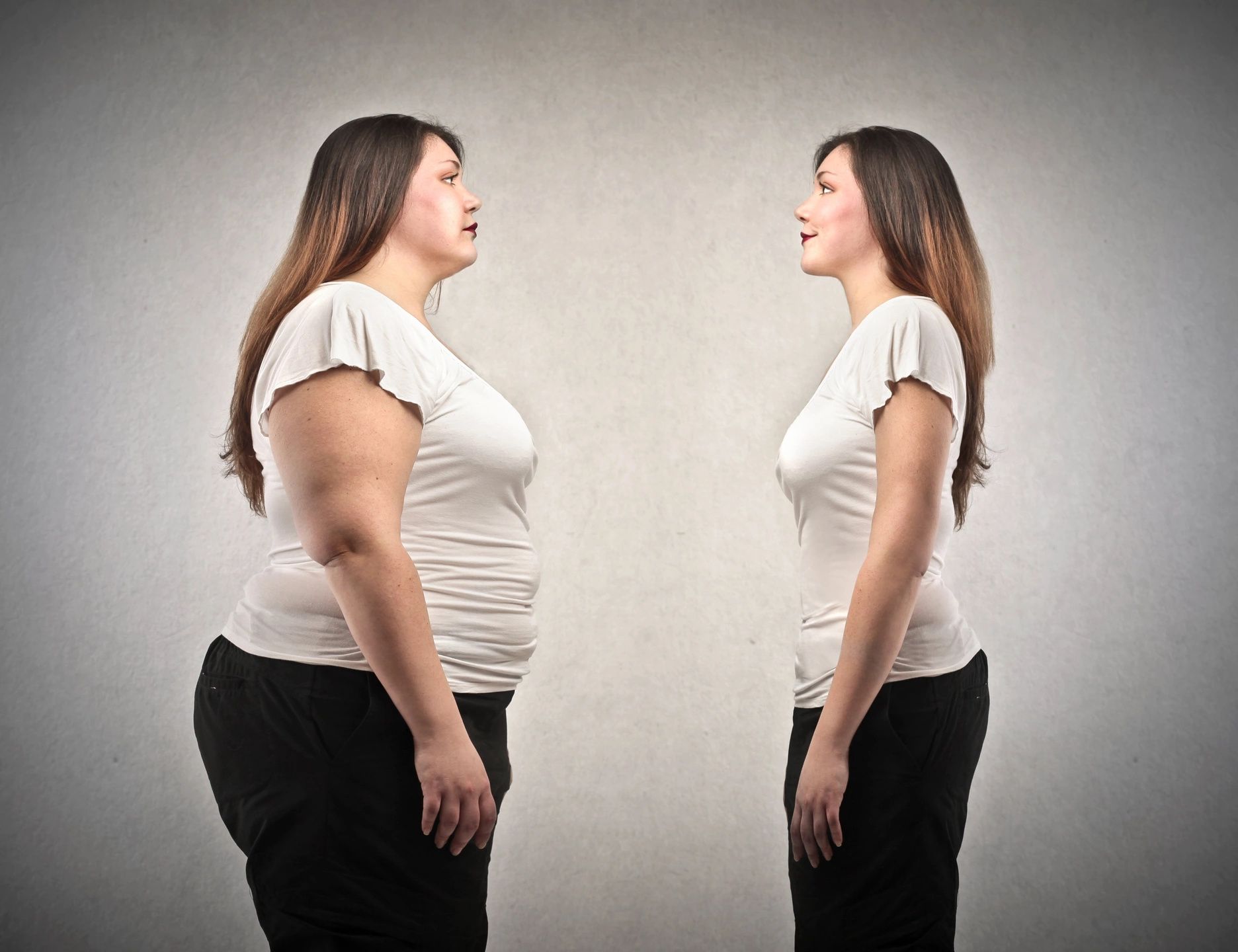One of the most common questions that I get asked from my clients is “which protein shake do you recommend?” Honestly, I don’t recommend any of them.
I am a firm believer that God intended us to get our nutrients from food. Everything that our body needs can be gotten through the food that He created and intended for us to eat. It’s really that simple.
The diet and nutrition industry has gone crazy over drinkable and replacement meals the past twenty years. There are more protein bars and powders on the market than anyone could possibly keep track of. Some market to those on low carbohydrate weight loss diets, while others target body builders and athletes or health conditions like diabetes. Many are sold through direct sales companies like Herbalife, Shakology, and Isogenix. There are even medical weight loss programs prescribed by healthcare providers that are based on powdered meal replacements. In a nutshell, they are all rather similar. Their primary ingredient is some kind of protein isolate from usually milk or soy, followed by a concoction of other sugars or sweeteners, binders, fillers, flavorings, and vitamins and minerals. If you have ever looked at the ingredient labels of any of these products, it is pretty clear that they are far from real food. Rather, they are isolated nutrients from foods processed into an artificial food-like replacement and marketed as healthy.
If you are drinking protein shakes or eating meal replacement bars because you think they are necessary for health, you are greatly mistaken. Most Americans get more protein than they need, not the other way around. Unless you are a body builder or have a medical condition that requires more protein than you can get from food, protein supplements are unnecessary and a waste of money.
Most protein shakes and bars cost a lot more than their real food counterparts. On average, protein shakes cost anywhere between $2.00-$5.00 per serving. Let’s say that the shake offers 15 g of protein, which would be equivalent to the amount of protein found in two eggs. The average cost of two eggs is $0.32. The eggs also contain essential nutrients likely not found in your protein shake. Even if you add whole wheat toast and fruits or vegetables to your eggs to make it a complete meal, it will still cost less than the shake.
So, if you regularly incorporate protein shakes or eat meal replacement bars, I have some questions for you:
- Do they taste good?
- Are they improving your health? If so, how?
- Are they keeping you satisfied or are you left feeling hungry?
- Are you using them to supplement your meals or to replace them?
- How much do they cost?
- Do you find yourself wishing you could eat real food instead of eating/drinking your supplement?
I know that some of you will disagree with my stance on this topic, and that’s okay. Some of you genuinely enjoy protein shakes, and it works with your lifestyle. But this blog post is for those of you who feel like you “should” be eating or drinking these supplements. I want you to know that real food will always be cheaper and healthier than its man-made substitutions. If you need help with meal planning or making sure you are eating a balanced diet, you can check out my free meal planning downloads here.
Try not to get sucked into the hype around shakes and supplements that promise results. Instead, choose foods that you enjoy, listen to your body, and eat with grace.



 The Dangers of Yo-Yo Dieting
The Dangers of Yo-Yo Dieting
I liked this article. When I started to loose all of my weight EVERYONE wanted me to start protein shakes to get more muscle build. I said no I can drink milk chocolate or white, eat eggs and get just as much as drinking a shake and I hate the taste of them. I felt better after reading this thanks for the information.